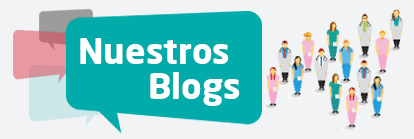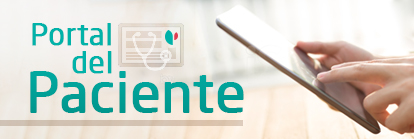Allergology
Research activity
This is one of the most recognised facets of our service. We take part in clinical trials and research projects both domestically and abroad. One example is that we are associated with one of the Biomedical Research Centres of the Carlos III Institute of Respiratory Pathology (CIBERES), and with one of its drug and food allergy research networks (RIRAF). Our research work is made easier thanks to our institution's strong ties to the Immunology Service, with both organisations being members of Fundación Jiménez Díaz’s Institute of Health Research, officially accredited by the Carlos III Institute. Our main lines of research are rhinitis, health-related quality of life, pathogenesis of asthma and bronchial hyperresponsiveness, exercise asthma in athletes, identification and study of environmental and food allergens, and drug and food allergies. All this is published in a range of scientific journals. In the last 5 years, 132 scientific articles have been published in international journals, and many communications have been presented at congresses. Several doctoral theses have also been completed (see annual reports).
From the very beginning, our service has helped train consultants, and has been doing so for many years as part of medical residency training. It has also collaborated, and continues to collaborate, with the School of Medicine at Universidad Autónoma de Madrid, giving classes to Medicine students. The service includes annual training courses on rhinitis and asthma for other specialists and primary care.
Teacher training
SESSIONS
Two weekly clinical sessions. One of them is clinical and the other is focused on a particular topic, programmed by the tutors. Monthly interhospital session for Allergy services for the community of Madrid and Castilla-La Mancha.
During their external internships, residents attend and speak at the sessions of each of the services they are rotating to. It should be noted that in their final year of training, most residents choose to complete their elective period outside of Spain, typically in the United Kingdom or the USA.
CONGRESSES
Residents participate by submitting scientific papers to the Spanish Allergy Society's annual congress/symposium from the first or second year of residency and every year thereafter. Papers are also sent to the European Congress of the European Academy of Allergology and Clinical Immunology (EAACI) and to the American Academy of Allergy, Asthma and Immunology (AAAAI) with the same frequency.
PUBLICATIONS
All our residents finish their residency with at least 4 publications in high-impact journals in their speciality. They are actively involved in the research projects of the assistant staff and head of service during their residency.
COURSES
According to new training regulations, medical residents are not allowed to attend courses, including doctoral courses, if they overlap with their working hours, unless authorised by the respective service where they are residents. Our residents attend several courses on immunotherapy and respiratory function techniques on weekends, along with the LABORATORY TECHNIQUES COURSE organised by an immunotherapy laboratory during their holiday periods. When their working hours so allow, they attend the various courses (4-6 per year) organised in our service for allergists and pulmonologists from all over the country.
COMPETITIONS AND SCHOLARSHIPS
Our residents have taken part in various resident-specific competitions, winning multiple awards.
Hospital Universitario Fundación Jiménez Díaz
Avda. Reyes Católicos, 2
28040 Madrid Madrid
© 2026 Quirónsalud - All rights reserved























